- Saturday, 28 February 2026
Now we need not resort to protests or movements for changes, asserts former Speaker Nembang
Kathmandu, May 30 : Chair of the then Constituent Assembly and deputy leader of the CPN (UML) parliamentary party, Subas Chandra Nembang has been successful in cultivating an image as an experienced politician and a guardian in the country's parliamentary practices. Nembang who comes from a law background has so far fulfilled the leadership of the Legislature-Parliament including the Constituent Assembly six times.
He consistently encouraged all the political forces to resolve the problems through dialogue even in the difficult phase of transition following the change in the political system of the country. The Constitution of Nepal was promulgated through the Constituent Assembly under his leadership.
Even at present, the former Speaker has been playing the role of interlocutor in resolving problems of political and legal aspect in situations arising out of the discord between the ruling side and the opposition side in the Federal Parliament. Deputy Chief Reporter of RSS Narayan Neupane talked to leader Nembang on topics ranging from the political and governance system-related practices in the country for the last one and a half decade in the context of the 16th Republic Day. Here are the excerpts of the interview:
Q. Would you share about the process and the occasion of issuing a constitution with federal democratic republic system from the Constituent Assembly?
A. There was this talk in the country on the need of drafting and issuing a Constitution from the Constituent Assembly since 70 years back. This desire and aspiration of the people took a concrete shape with the united people's movement of 2006/07 reaching its climax. The election to the Constituent Assembly had to be held two times before the Constitution was issued by it. The Constitution was successful through the unprecedented and relentless pressure from the people. In this way, a constitution with federal democratic republic, secularism and inclusiveness provisions and oriented towards socialism was drafted and achieved due to the continuous efforts of the Constituent Assembly. This is the constitution made by the people for themselves. The constitutions before the present one were all given by the rulers. So, this constitution is the one with the people as its source of authority. Therefore, it is mentioned in the Preamble of the constitution that the people are the source of sovereignty.
Q. Several negative comments have been heard regarding the political practices taking place even after the nation turned into a federal democratic republic. What do you say about this?
A. There is no any alternative to the present constitution and the governance system in practice at present which are the achievements of the long struggles and sacrifices of the Nepali people. Based on the reality of drafting a constitution from this level of the public, there is no other place to draft a constitution higher than this in the country. Talking about another political and system change again is meaningless now. We can move ahead making any changes remaining under the present constitution itself.
Q. How do you see the political practices and achievements in the last one and a half decade of the country's entering the federal democratic republican era?
A. The constitution that is in practice at present is the supreme law of the land made by the people for the people. The people are source of the state authority under this constitution which has guaranteed federal democratic republic, secularism, inclusiveness system with socialism oriented economy.
Accomplishments which have been possible under this Constitution should be institutionalized. We have ensured 33 percent participation of women in the each State apparatus. We have envisioned about an inclusive society. Since the announcement of the republic, many things were delivered to the cause of Nepal and Nepali. We secured a noticeable change politically as well. This is the first in the history that Nepali people are sovereign. People are significantly empowered. Citizens are free to change their representatives and political parties. Elections and parliaments are the venues for achieving changes.
Q. What is your say about the accusation that political parties failed to conclude the peace process for a long in a way to heal the wounds of the armed conflict in the past?
A. Significant change has occurred in Nepal's history, serving as a turning point. The remaining task of the peace process is almost complete. The integration of the Maoist combatants in the army was one of the major achievements. Amidst our journey towards the republic, we got the unique Constitution. Now only few works of the peace process have remained and they are likely to be over by the next two or three years.
Nepal's Peace Process is capable of setting a global example. I had been recently in Colombia and after the personal assessment of mine about the Colombian peace process, I am confident to say that 'Ours' model is unique and the best in the world'.
Q. What is our say about the accusation that major political parties did not prioritize the society's pressing issues that were to be timely addressed?
A. Of course, some significant deliveries as per the needs and aspirations of the people are still awaited. That is our weaknesses. The nation recorded historic political changes together with some other significant accomplishments. But, in terms of the advancement of socio-economic and cultural lives, we realized some weaknesses. On the occasion of the Republic Day, I am confident to say that we must to take this journey ahead by making corrections of past mistakes.
Q. The nation is practising federalism and one of its criticisms is that this had been a costlier when the nation is going through an economic crisis. What is our opinion in regard with this?
A. The republic we adopted is a beautiful system capable of recognising multiple and diverse thoughts in the society. It opens discourses for all sorts of ideas in the society. We know well about the situation in the past. We have experiences of being subjugating to legal tortures for raising concerns over societal malpractices and misconducts and advocating for the reforms and improvements.
I am the same person who faced a prison sentence of seven months in a case of state offence for protesting against statements delivered by then Prime Minister of Nepal during his visit to India. Now, this system has changed, creating the foundation for a full democracy.
Now, discussions and opinions should be clean. This can lead to a conclusion. An intensive discussion on federalism took place in course of promulgating the constitution. Federalism is not free of disputes. The issue concluded following an intensive discussion. So, it may not be otherwise for holding a discussion. A discussion may take place. We must arrive at a conclusion through the democratic procedure and process.
Q. How have you observed the event of felicitation in the western Nepal when celebrating the 16th Republic Day?
A. You can do activities in a peaceful manner. Activities in accordance with the constitution are beautiful part of democracy. We have reached the different situation from autocracy. We have the right to deny republic in a peaceful way. But, we have the constitution that has ensured the federal democratic republic. We have reached thus far while implementing the constitutional document. In course of its implementation, elections took place time and again. Political parties with different ideologies participated in the polls, and election results have been naturally accepted.
Q. Do you have any suggestions or message to general people on the occasion of the Republic Day?
A. We must move ahead abiding by the constitution keeping in view of sovereign people. Questions have been raised about old political parties. This is an opportunity for us. We must take these questions seriously. We must take positive works to people, and cordially accept weakness. We must make commitments for corrections and implement them. This is an opportunity for us in democracy. There are many grounds for us to move ahead while utilising this opportunity by fixing mistakes. Individuals and political parties can be changed in democracy. This is a good opportunity for all of us. (RSS)

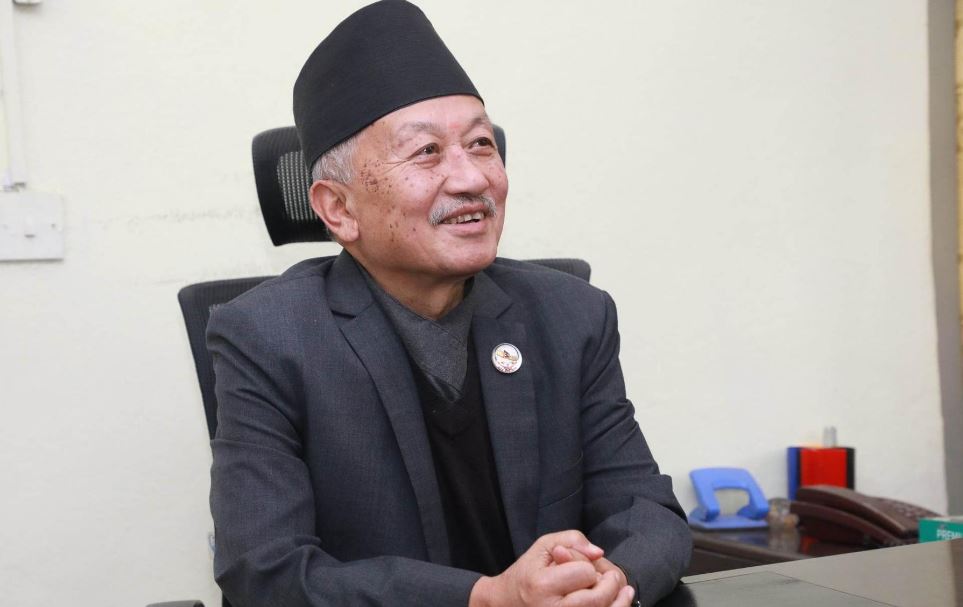


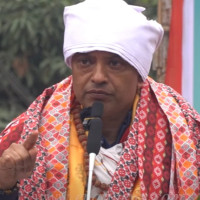
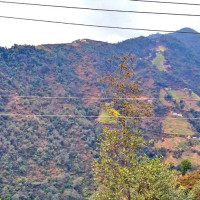
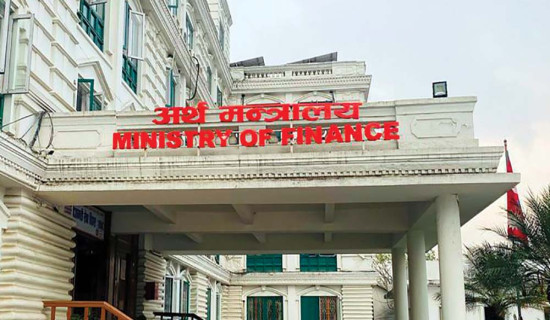
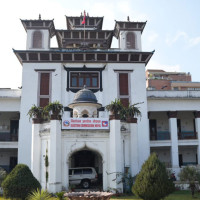


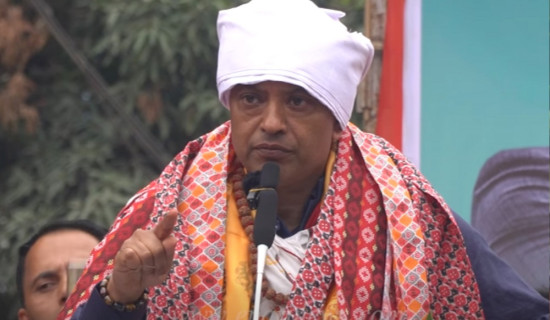
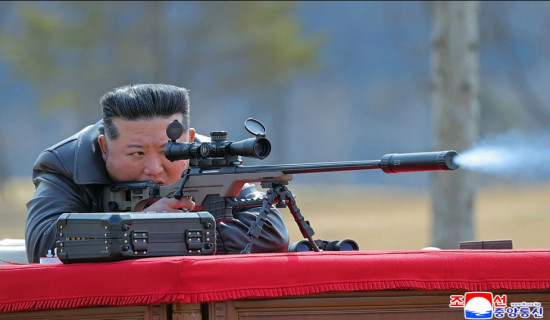
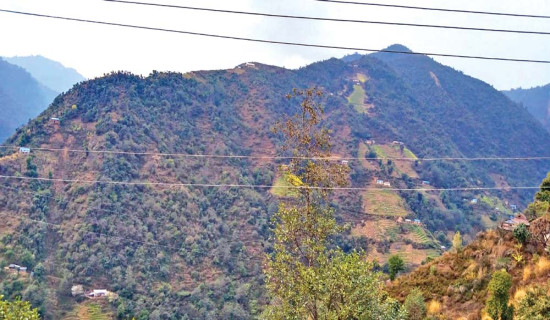
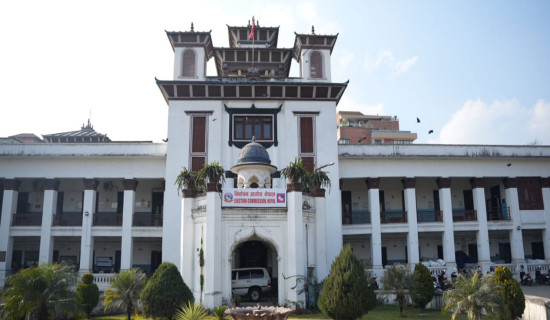

-original-thumb.jpg)
